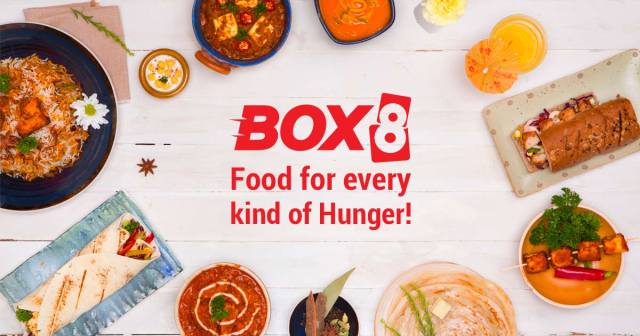Whether your weekend plans involve golf, Instagram listening parties, or baking yet-another loaf of quarantine bread, add a side dish of food tech news to your agenda to get things started. Here are a final few bits from this past week.
Call It Cell-Based Seafood
A consumer study by Rutgers University professor William Hallman has found that “cell-based” is the preferred term for describing seafood made from cells grown in a lab. Other labels up for consideration were “cultivated,” “cell-cultured,” “cultured,” and “produced using cellular aquaculture.” The final text of the study, which was funded by BlueNalu, a company in the cell-based fish game, will be published in the near future.

Stop & Shop Launches a Digital Nutrition Program
Joining in the trend of offering nutritionists for grocery shoppers, Stop & Shop this week announced its Nutrition Partners program. The free program will be 100 percent digital at first, connecting shoppers with registered dietitians. It will also offer webinars, recipes, cooking demos, and other nutritional education online. In the event we ever make it out of the pandemic, the program will eventually be available in-person.

JUST Heads to Canada
JUST, makers of the plant-based egg that uses mung bean as its main protein, announced its expansion into Canadian grocery stores. According to an email sent to The Spoon, the company will launch its frozen folded egg product in Whole Foods and Walmart stores in Toronto, Vancouver, Victoria, and Ottawa. JUST is also working with regulators to bring its pourable egg product into Canada, too.
Watch: New Documentary Follows Urban Farm Workers With Disabilities
A new documentary, “Heart of Glass,” will air on over 200 TV stations this month to coincide the 30th anniversary of the Americans With Disabilities Act (July 26). The film details the story behind the creation of Wyoming indoor vertical farm Vertical Harvest, which provides employment for persons with disabilities. Check the trailer above and mark your calendars.






























 Box8 raises $15 million in India’s red hot cloud kitchen market
Box8 raises $15 million in India’s red hot cloud kitchen market







